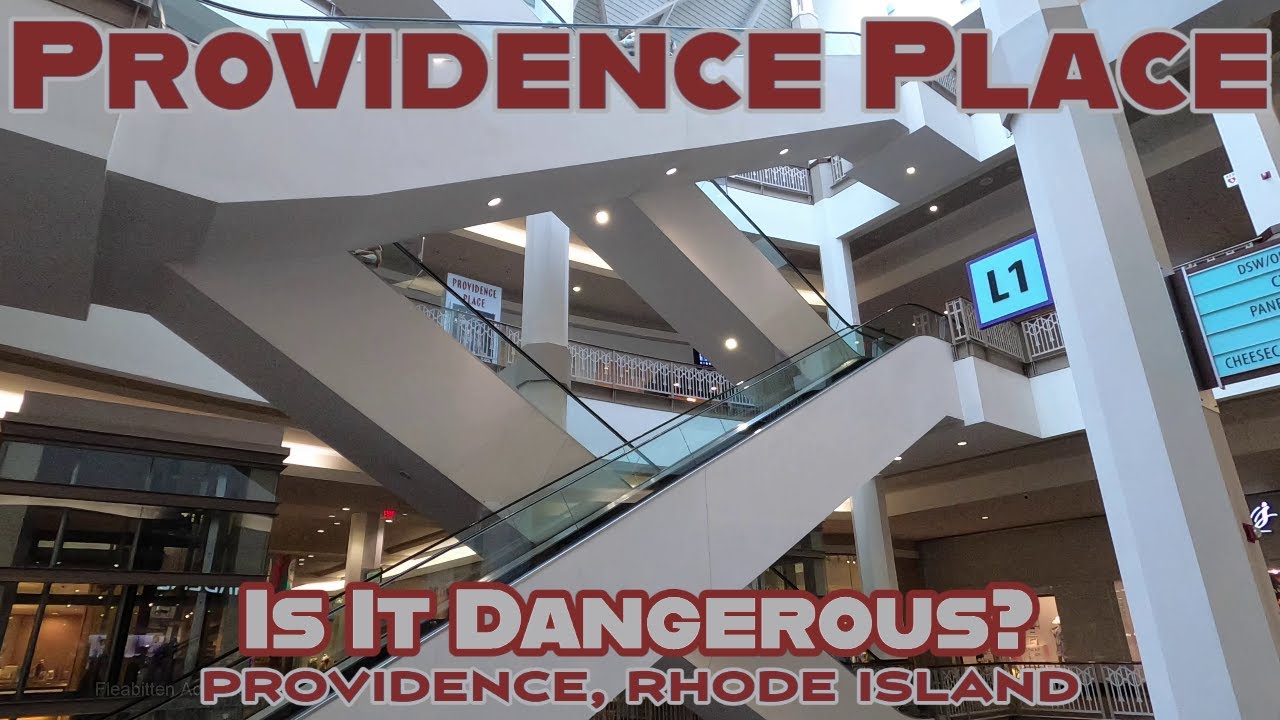Are Malls in Rhode Island Open Amidst Covid-19?
Amidst the global Covid-19 pandemic, many businesses and public spaces have been significantly impacted, including malls in Rhode Island. As the state grapples with the challenges presented by the virus, it is important to understand the current status of malls and the measures being taken to ensure public safety.
Guidelines and Regulations for Malls in Rhode Island
To mitigate the spread of Covid-19, the Rhode Island Department of Health, in collaboration with local authorities, has implemented guidelines and regulations for malls. These guidelines include capacity restrictions, mandatory mask-wearing, social distancing protocols, and rigorous sanitation measures. Mall operators are required to comply with these regulations to ensure the safety of both employees and customers.
Understanding the Current Status of Malls in Rhode Island
Currently, malls in Rhode Island remain open, but their operations have been significantly modified to align with the guidelines and regulations put in place. These measures are in line with the state’s efforts to balance public health and the reopening of businesses. Mall operators have been working diligently to adapt their operations to ensure a safe and secure environment for all visitors.
Rhode Island Malls: Opening Hours and Operational Updates
In response to the pandemic, many malls in Rhode Island have adjusted their opening hours to accommodate cleaning and sanitization protocols. It is advisable for visitors to check the respective mall’s official website or contact their customer service for the most up-to-date information on operating hours. This ensures that visitors can plan their visits accordingly and avoid any unnecessary inconveniences.
Safety Measures Implemented in Rhode Island Malls
Rhode Island malls have implemented a range of safety measures to protect visitors and employees. These measures include increased cleaning and disinfection procedures, mandatory mask-wearing, hand sanitizing stations, and social distancing markers. Mall operators have also installed plexiglass barriers at customer service counters and implemented one-way directional signage to facilitate safe movement within the premises.
Rhode Island’s Approach to Mall Safety during the Pandemic
Rhode Island has taken a proactive approach to mall safety during the pandemic. The state government has worked closely with health officials, mall operators, and industry associations to develop comprehensive safety protocols. Regular monitoring and inspections are conducted to ensure compliance with guidelines and regulations. This approach has helped to instill confidence in the public and create a safe shopping environment.
Rhode Island Malls: Adapting to the New Normal
The pandemic has necessitated significant adaptations in the operations of malls in Rhode Island. Mall operators have embraced technology to implement contactless payment systems and touchless entry. They have also explored innovative solutions to manage customer flow and maintain social distancing, such as limiting occupancy and implementing timed-entry slots. These adaptations have allowed malls to navigate the challenges posed by the pandemic and continue serving their customers.
How Rhode Island Malls Are Ensuring Customer Safety
Rhode Island malls are committed to ensuring the safety of their customers through various initiatives. Mall management regularly educates employees about safety protocols and provides them with the necessary personal protective equipment. Proper ventilation systems and air filters have been installed to improve air quality within the malls. Contact tracing measures are also in place to identify and notify individuals who may have come into contact with a confirmed case of Covid-19.
Rhode Island Malls: A Comprehensive Overview amid Covid-19
Taking a comprehensive overview of malls in Rhode Island amidst the Covid-19 pandemic, it is evident that significant efforts have been undertaken to ensure the safety and well-being of all visitors and employees. The guidelines and regulations implemented by the state, along with the proactive approach of mall operators, have played a crucial role in maintaining a safe environment. While challenges persist, continued collaboration between government entities and mall operators is key to navigating the evolving nature of the pandemic.
Impact of Covid-19 on Rhode Island’s Mall Industry
The Covid-19 pandemic has had a profound impact on Rhode Island’s mall industry. With restrictions on capacity and changing consumer behaviors, malls have had to adapt their business models and operations to remain viable. The industry has witnessed a surge in online shopping, leading to the closure of some retail stores within malls. However, malls are exploring creative approaches, such as curbside pickup and virtual shopping experiences, to retain customers and drive footfall.
Evaluating the Footfall at Malls in Rhode Island
The footfall at malls in Rhode Island has been significantly affected by the pandemic. With restrictions on capacity and ongoing concerns about public health, many individuals have chosen to limit their visits to malls. However, as safety measures and confidence in public spaces increase, footfall is expected to gradually recover. Malls are also focusing on providing a safe and enticing shopping experience to attract customers and revitalize the industry.
Future Prospects for Malls in Rhode Island
The future prospects for malls in Rhode Island remain uncertain, given the ongoing challenges posed by the Covid-19 pandemic. However, malls have shown resilience and adaptability in response to changing circumstances. By prioritizing customer safety and implementing innovative strategies, malls can regain consumer confidence and play a vital role in the state’s economic recovery. The collaboration between government, health authorities, and mall operators will continue to be crucial in shaping the future of Rhode Island’s mall industry.





